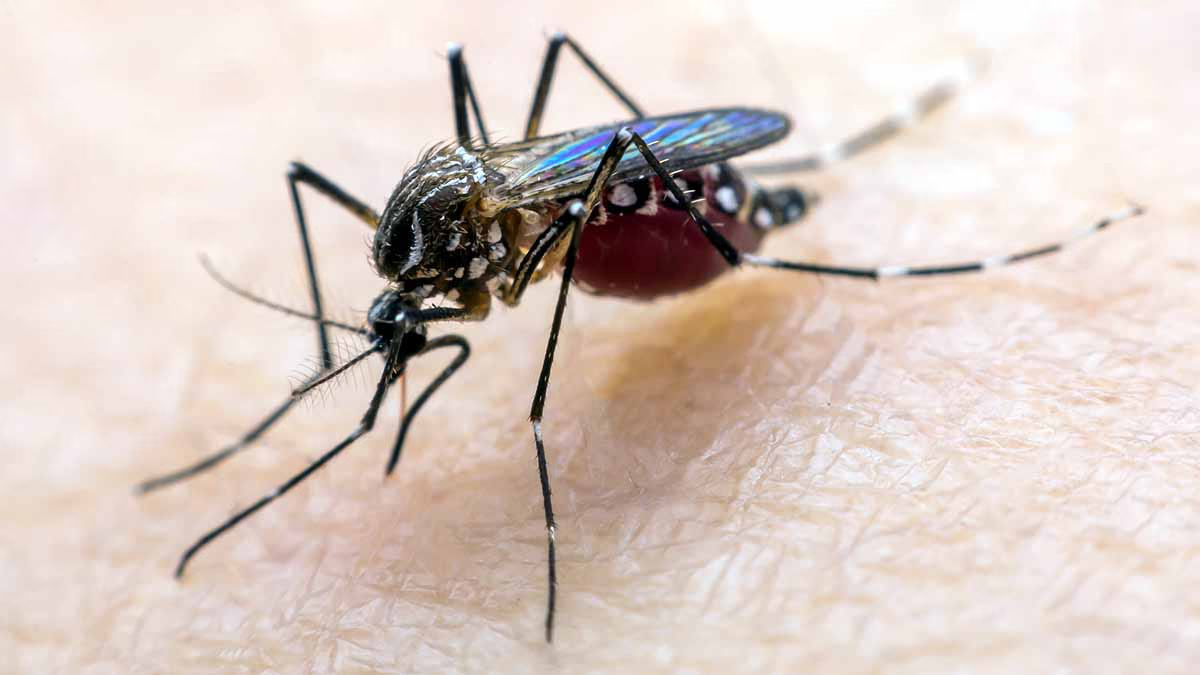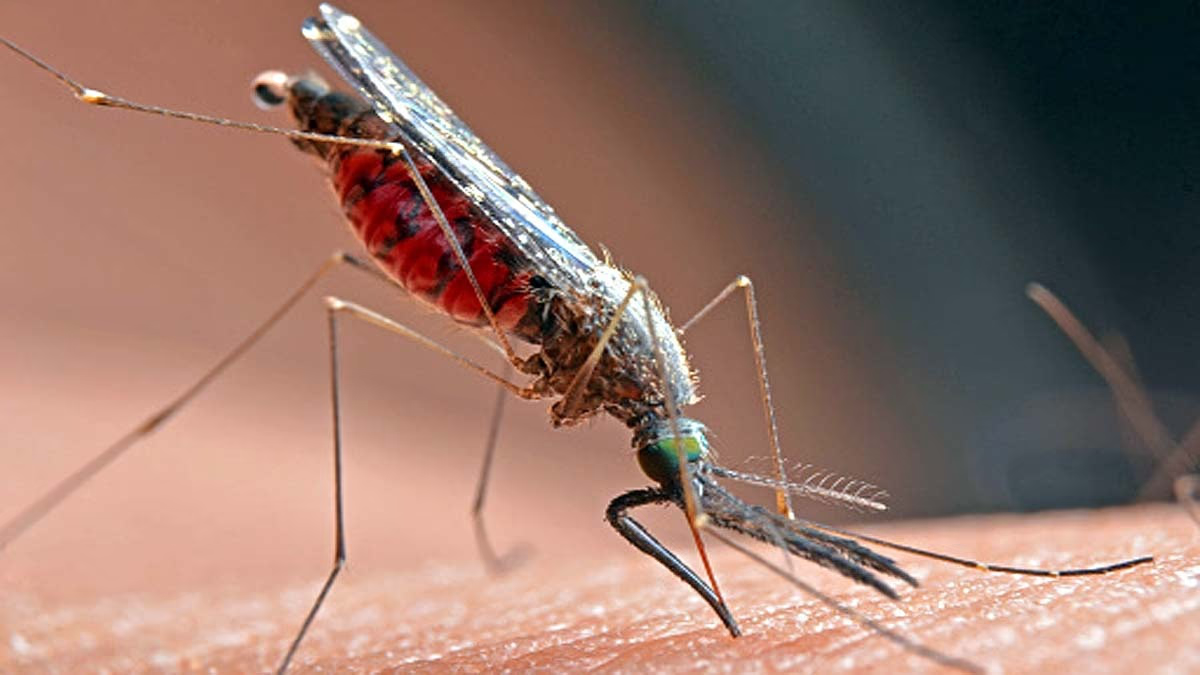Imagine a factory where millions of mosquitoes are bred every week—but these are 'good' mosquitoes. Brazil has opened the world's largest 'mosquito biofactory' in the city of Curitiba, preparing mosquitoes infected with Wolbachia bacteria to combat deadly diseases like dengue. This factory aims to protect 14 million people from dengue, Zika, and chikungunya. How amazing is it to turn foes into allies?
Dengue, known as 'breakbone fever,' causes such severe pain it feels like bones are breaking. According to the World Health Organization (WHO), millions are infected annually. In Brazil, 2024 was a particularly devastating year with 6.5 million cases and 6,297 deaths. Aedes aegypti mosquitoes are the culprits, and traditional methods like insecticide spraying were ineffective. Therefore, since 2014, the World Mosquito Program (WMP) has employed the Wolbachia method.
Wolbachia is a natural bacterium found in over 60% of insects. It prevents viruses from thriving inside mosquitoes. In the factory, lab-grown infected mosquitoes are released into the wild. They breed with local mosquitoes, passing the bacteria to the next generation.
The result? Virus transmission stops! Brazil's Ministry of Health has already protected 5 million people in 8 cities. Dengue cases in Niterói have dropped by 69%.
On July 19, this factory in Curitiba was launched as a joint project of WMP, Oswaldo Cruz Foundation (Fiocruz), and the Institute of Molecular Biology of Parana (IBMP). Spanning 3,500 square meters, it employs 70 staff members. Every week, the facility prepares 1 billion mosquito eggs. CEO Luciano Moreira states that every six months, they will save 7 million people.

Source: aajtak
Automation machines in the factory infect the eggs. Then, special vehicles release them into dengue hotspots—press a button, and the mosquitoes are airborne. Production Manager Antonio Brandao explains that Wolbachia only survives in insect cells. If the mosquito dies, the bacteria die as well. It is completely safe and has been part of nature for centuries, with no effect on humans.
Lab Production: Aedes mosquitoes are infected with Wolbachia.
Release: Deployed in cities.
Reproduction: Infected mosquitoes mingle with wild ones, passing on bacteria.
Outcome: The next generation can't spread viruses. Once released, protection is permanent.
According to the Nature Journal (2025), this method has also succeeded in Colombia and Indonesia. In Niterói, Brazil, chikungunya cases dropped by 56%, and Zika by 37%.
In 2025, dengue cases reached 3 million, but this factory brings hope. Health Minister Alexandre Padilha states that it showcases Brazil's leadership in biotechnology. Vehicles will roam hotspots, release mosquitoes, and slowly, dengue will vanish.




